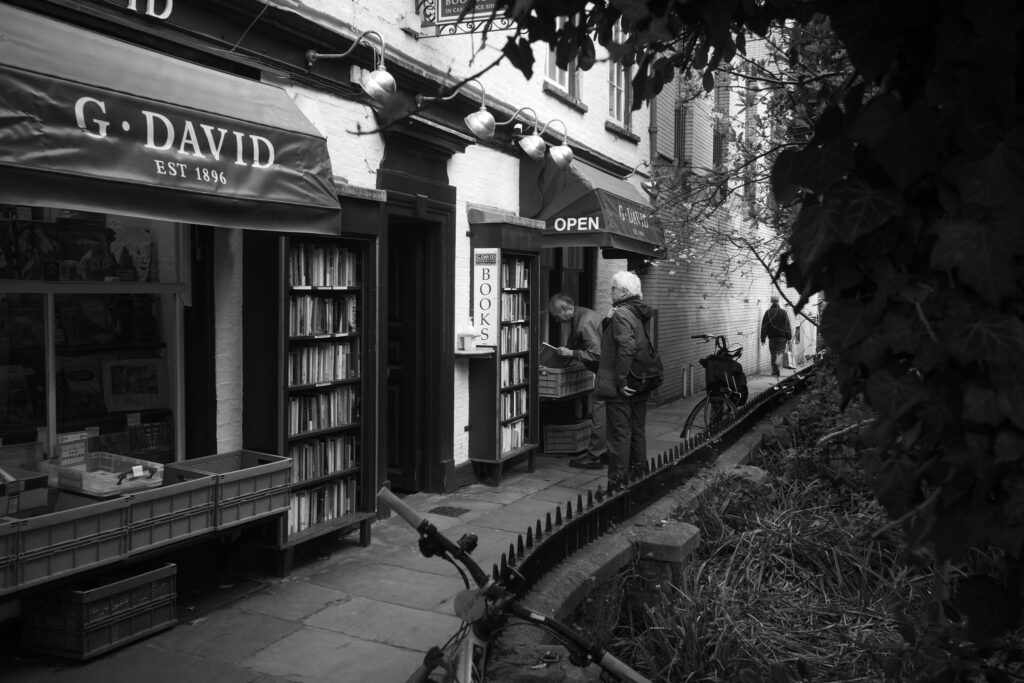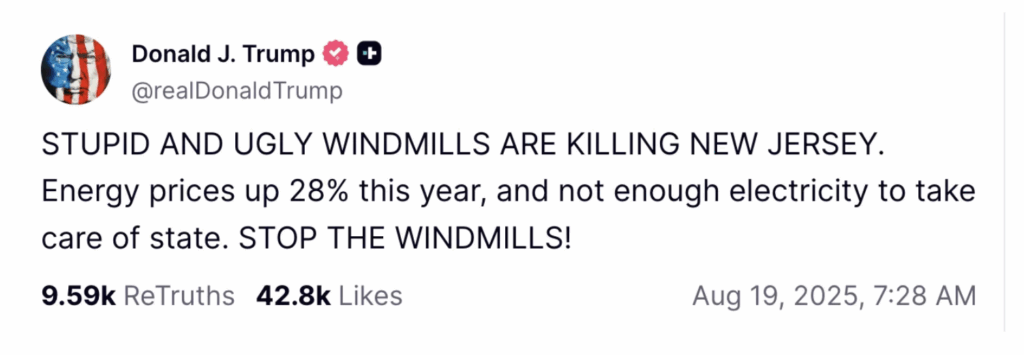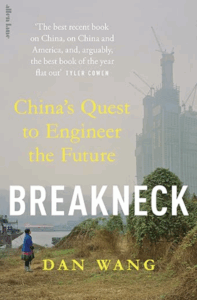Beach no uitable

Sign on the dunes of a lovely Donegal beach.
Quote of the Day
“I like old men. They can be wonderful bastards because they have nothing to lose. The only people who can be themselves are babies and old bastards.”
- John Updike
Musical alternative to the morning’s radio news
Randy Newman | Political Science
The ultimate satirical take on nuclear superiority.
Long Read of the Day
Process knowledge is crucial to economic development
Henry Farrell’s review of Dan Wang’s book is a great read (as is the book itself, as I’m discovering). Here’s how Henry’s piece concludes, but the entire review is worth your time.
If Dan is right, we need to understand how to build up and maintain process knowledge, as an essential element of economic development, and even the good society. China has done pretty well at this, without necessarily planning to, but as Dan suggests in passing, it is less certain in its capacity to maintain it. The United States used to have it, but has shifted its focus to other things. Both societies are organized around large scale abstractions – the Leninist engineering state, and the formalizations of administrative law. Creating and maintaining process knowledge requires us to foster different kinds of institutions and interactions, which we’ve barely begun to think about in the changed context of the mid-21st century.
My commonplace booklet
Woz: ‘I Am the Happiest Person Ever’
Steve Wozniak, the co-founder of Apple, has just turned 75. He’s one of my heroes, partly because he’s. always seemed uncorrupted by wealth. Which is why I liked this excerpt from Jon Gruber’s Daring Fireball blog:
I gave all my Apple wealth away because wealth and power are not what I live for. I have a lot of fun and happiness. I funded a lot of important museums and arts groups in San Jose, the city of my birth, and they named a street after me for being good. I now speak publicly and have risen to the top. I have no idea how much I have but after speaking for 20 years it might be $10M plus a couple of homes. I never look for any type of tax dodge. I earn money from my labor and pay something like 55% combined tax on it. I am the happiest person ever. Life to me was never about accomplishment, but about Happiness, which is Smiles minus Frowns. I developed these philosophies when I was 18-20 years old and I never sold out.
After which Gruber commented:
Apple never would have existed without Woz, and Woz personified “insanely great” engineering. He never contributed anything technical to Apple after the Apple II in the early 1980s, but, man, so much of his spirit and personality is infused in Apple’s DNA. He’s a hero to so many people who went on to work at Apple, and to so many of us on the outside too. The two Steves were so very different in so many ways, yet at heart, both exemplified that intersection between technology and the liberal arts.
This Blog is also available as an email three days a week. If you think that might suit you better, why not subscribe? One email on Mondays, Wednesdays and Fridays delivered to your inbox at 5am UK time. It’s free, and you can always unsubscribe if you conclude your inbox is full enough already!




